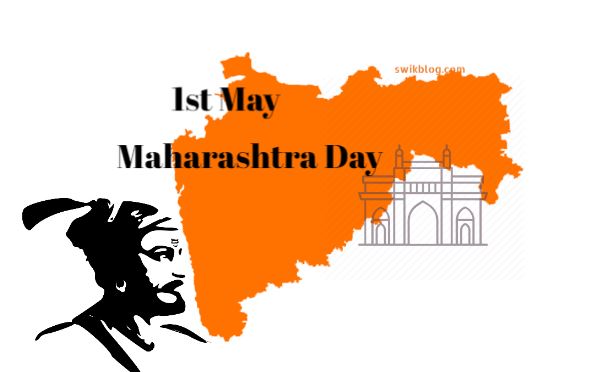Encountering the bereavement of a cherished individual is an exceedingly demanding experience, and when that sorrow is compounded by another party’s negligence or wrongful conduct, it adds an extra dimension of anguish and exasperation. In California, as in numerous other states, specific laws are in place to address such circumstances. A comprehensive understanding of California’s wrongful death laws is imperative for those in pursuit of justice and compensation following the untimely passing of a family member.
Defining Wrongful Death
In line with the laws of California, unlawful death happens when a person departs away as a consequence of another party’s carelessness or misbehavior, including a wide range of events such as car crashes, medical malpractice, workplace occurrences, or intentional crimes.
The crucial factor is that the demise stemmed from the wrongful actions or negligence of someone else. These circumstances demand a thorough examination of the events leading to the tragedy, ensuring a comprehensive understanding of the legal implications surrounding each unique case.
When navigating the complexities of a wrongful death case in California, enlisting the expertise of a seasoned California wrongful death lawyer is crucial for comprehensive legal guidance and effective representation.
Who Can Initiate a Wrongful Death Claim?
While immediate family members, including spouses, children, and parents, are the primary eligible parties to file a wrongful death claim in accordance with California legislation, the scope extends to include other dependents who were financially dependent on the deceased individual.
Collaborating with a knowledgeable attorney is imperative to thoroughly understand and confirm the specific eligibility criteria pertinent to the unique circumstances of a given case, ensuring comprehensive legal guidance.
Statute of Limitations
Similar to many legal matters, wrongful death cases in California are subject to a statute of limitations. The statute establishes a timeframe during which legal proceedings must commence.
In California, the normal statute of constraints for cases involving wrongful death is two years following the individual’s death. Nonetheless, exceptions may apply based on the circumstances of the case, underscoring the importance of promptly seeking advice from an attorney.
Damages Recoverable in Wrongful Death Cases
Under California law, surviving family members have the legal right to seek different types of compensation in a wrongful death case. These damages are intended to indemnify the losses incurred due to the premature death of a loved one.
The monetary harm suffered in the event of a wrongful death case may include funeral and burial expenses, medical bills, and the expected financial assistance that the deceased would have supplied to their family.
Non-economic damages, reflecting the emotional pain and suffering of surviving family members, may also be awarded. In specific cases, punitive damages, designed to penalize particularly egregious conduct, may be available.
Proving Wrongful Death
Successfully asserting a wrongful death claim requires the plaintiff to establish specific elements of negligence or intentional misconduct. This generally requires establishing that the defendant had a responsibility to exercise care, violated that obligation and that this violation directly resulted in the tragic death of the victim.
The compilation of evidence, witness statements, and expert opinions is pivotal in substantiating these elements. Collaborating with an experienced attorney significantly enhances the prospects of constructing a robust case.
Settling or Going to Trial
In many instances, parties involved in wrongful death cases may opt for an out-of-court settlement through negotiations. Opting for settlements provides a quicker resolution, alleviating the family from the emotional strain associated with a trial. However, should a fair settlement prove elusive, pursuing the case in court becomes a necessity.
A skilled lawyer can assist the family in navigating the decision-making process, carefully considering the pros and cons of opting for a settlement or proceeding with litigation. This careful consideration ensures that the chosen course of action aligns with the family’s goals and best interests, fostering a sense of justice and closure.
Conclusion
Navigating the aftermath of losing a loved one, especially due to the negligence or wrongful actions of another, necessitates a relentless pursuit of justice. A profound comprehension of California’s wrongful death laws is indispensable for individuals grappling with the intricate legal aspects of such cases.
Seeking counsel from an experienced attorney provides the necessary guidance to initiate a wrongful death claim, ultimately securing the compensation and closure that surviving family members rightfully deserve. The legal framework strives to hold those accountable for wrongful deaths, offering families a means to rebuild their lives in the aftermath of such profound losses














